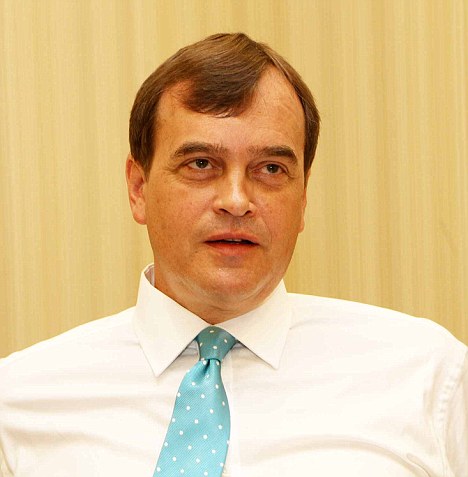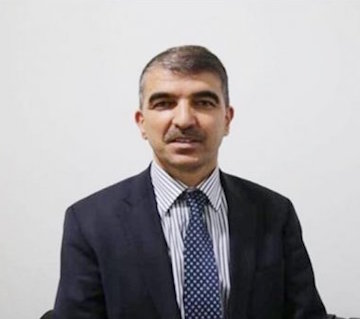By Libya Herald staff.

Tunis, 25 March 2015:
The former British ambassador in Tripoli, Dominic Asquith, has called the UN-brokered negotiations now being . . .[restrict]held in Morocco flawed, questioning the wisdom of involving those who having been defeated in last year’s elections took up arms against the elected House of Representatives. He also says that those linked to extremists must not be allowed to participate in them.
In an article published in the London-based Financial Times, he asks if the West’s fixation with inclusiveness means that a Libyan unity government will include “those in Libya Dawn who have long maintained an ambivalent relationship with Islamic extremists, whom the UN itself has outlawed?”
He questions, too, why the negotiators in Morocco and leaders of parties some of which gained no seats in last years’ elections should be involved in the process to appoint a government of national unity. “Why”, he asks “is that more legitimate than the House of Representatives elected nearly a year ago?”
A group’s stance on the Islamic State (IS) has to be “the litmus test” on who can be a legitimate participant in the UN talks, Asquith insists, adding that “some elements of Libya Dawn (including Muslim Brotherhood members) have failed that test for too long”.
There has to “explicit, unequivocal opposition” to anyone who is associated with IS or Al-Qaeada taking part in any of the negotiations, he says.
His insistence on such opposition would rule out not only Ansar Al-Sharia, which is already excluded, but also those in Libya Dawn who have supported it with weapons and fighters.
Asquith, who was ambassador in 2011-12 and who now heads the British Libyan Business Council, also says that legitimacy “cannot permit the transfer of legislative authority from an elected to an unelected body appointed by those who took up arms to assert power”.
He further insists that the Libyan army has to be supported in its fight against the extremists. “All other militias should be disarmed or integrated into government forces, with UN-agreed sanctions imposed on those refusing to do so,” he added.
For those subscribed to the FT, the full article can be found here .
[/restrict]








